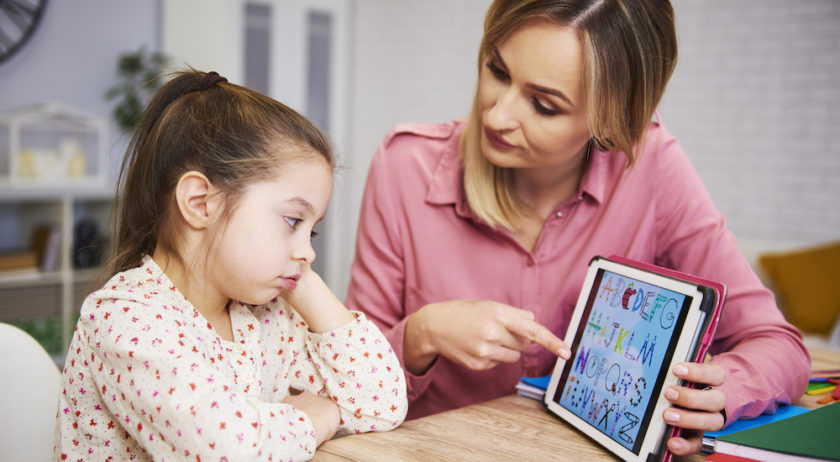
It’s the question everyone is trying to answer: Do Kids Like Remote Learning? With September approaching students will be returning to school shortly in the northern parts of the country. In many southern and western states, kids will be reentering school in August. Or will they? Not only do many school systems remain undecided about whether to have kids return to the brick-and-mortar classroom, but a majority of parents have also expressed their discomfort with their children going to traditional school. Beyond the complaints about distance remote schooling during the spring of 2020, health concerns on the part of parents and teachers may be the most compelling reason that kids will remain in remote distance learning over the next 6 to 12 months. Whether kids like distance, remote learning will have little to do with the decision to return to the actual classroom, nor should it. However, for kids to get the most from remote distance learning, it’s best if they like it and are attentive, engaged, and willing to put in the work and effort needed to learn.
As a child clinical psychologist, I have had the opportunity to interview many children about their experiences in remote, distance learning. First, let me say, there is no consensus about how kids feel about their remote schooling experiences during the COVID-19 pandemic. Some kids who I might have expected to love distance learning because of reduced requirements absolutely hated it. Conversely, other students who have struggled with school for many years loved remote schooling because of its flexibility, the ability to get schoolwork done quickly, and the feeling of being successful whether or not they learned anything.
I want to caution my readers that these interviews primarily took place with kids who have some type of neurodevelopmental issue. Most often, these kids have modest learning, attention, and social-emotional difficulties. Some of the kids were diagnosed with ADHD, Autism Spectrum Disorders of Anxiety, and Depressive Disorders. Most of the students that I interviewed struggle with executive functioning skills such as time management, task initiation, planning, and organization. These skills were taxed dramatically by the remote learning environment. As a result, many of these students found school to be most problematic when they did not have parent or teacher support for these skills.
The majority of students identified an engaged, live, responsive teacher as the most important element of a successful remote learning experience. Teachers who provided synchronous, live classes, feedback during and after class, and responded to parent and student emails made remote schooling into a learning experience. Many students described how they learned the most from teacher presentations that were short and to the point, and then followed up with meaningful assignments. Opportunities to meet with other students for classroom activities and socialize with peers was also identified by kids as improving the remote learning experience.
Here are a few of the most insightful comments from younger students that I interviewed between April and June 2020. I hope that these comments will help parents and teachers transform the distance learning-that seems inevitable for the autumn of 2020 into a more productive learning and social opportunity for kids.
Jamie- Age 8, Grade 3. Jamie reported that he often struggled to get going. Schoolwork took him all day. His parents used rewards to try to get him to do his work. He chose to do his reading and writing at first because they are more difficult for him and his attention earlier in the day is better. At school, he had been receiving one-on-one teaching for both reading and writing in a resource class. His resource teachers continued with small group writing and reading classes on Zoom. He describes using flashcards with his teachers online that he found to be engaging. He enjoyed how his speech and language teacher made up some online word games to play.
Gabbie –Age 10 Grade 4. She describes remote learning as being less work over the past few weeks. She reports the best thing about remote learning is that “I really only have to get changed on the top half of my body.” The worst thing is that she feels like her teacher really hasn’t been able to help her. “She barely answers my questions or my mom’s emails. My mom said she has kids herself so cut her some slack because she’s both the teacher and a mother.
Josie-Age 9 Grade 3 She reports that she misses her dance classes more than anything else and “I can’t do it virtually.” She also noted that her teacher only talks to her rarely often for less than 10 minutes at a time. Josie sometimes doesn’t put a camera on. She finds it easy to get distracted by television especially when her older siblings get done with their work earlier than her and put the TV on. She said, “My teacher has given a lot of work but didn’t learn much.”
Her mother sees her experiencing different distractions at home. Josie often likes to get up, crack her knees and move around. Josie said, “At school the kids never pay attention and I always laugh when the kids make jokes.” She wants to return to school to see her friends.

